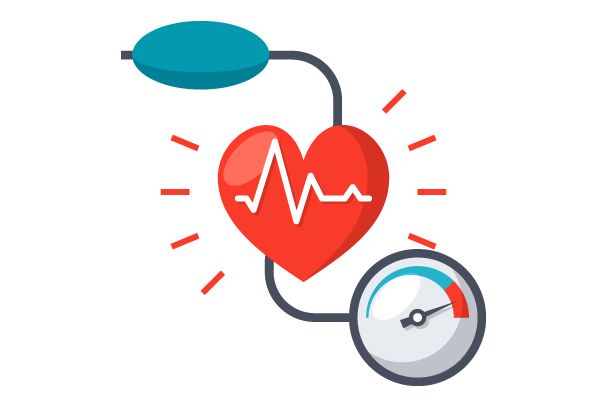
Mental health and hypertension are interconnected, and stress, anxiety, and depression can all contribute to increased blood pressure. Managing mental health can therefore be an effective way to prevent or control hypertension.
1. Stress and Blood Pressure
Chronic stress causes the body to release hormones like cortisol and adrenaline, which temporarily increase blood pressure by constricting blood vessels and speeding up the heart rate. Prolonged exposure to stress can lead to sustained high blood pressure.
2. The Impact of Anxiety and Depression
People with hypertension are more likely to experience anxiety and depression, possibly due to the chronic nature of the condition. In turn, anxiety and depression can further increase blood pressure levels, creating a cycle that’s hard to break.
3. Coping Strategies for Reducing Stress
Mindfulness and Meditation: These practices can reduce stress hormones and lower blood pressure by promoting relaxation.
Exercise: Physical activity releases endorphins, which help reduce stress and improve mood. Regular exercise also strengthens the heart, making it more efficient and lowering blood pressure.
Therapy and Counseling: For those experiencing anxiety or depression, counseling and therapy can provide support and coping strategies.
4. Importance of Integrated Care
For individuals with both hypertension and mental health concerns, an integrated approach is essential. Combining hypertension management with mental health support leads to better outcomes and overall well-being.
